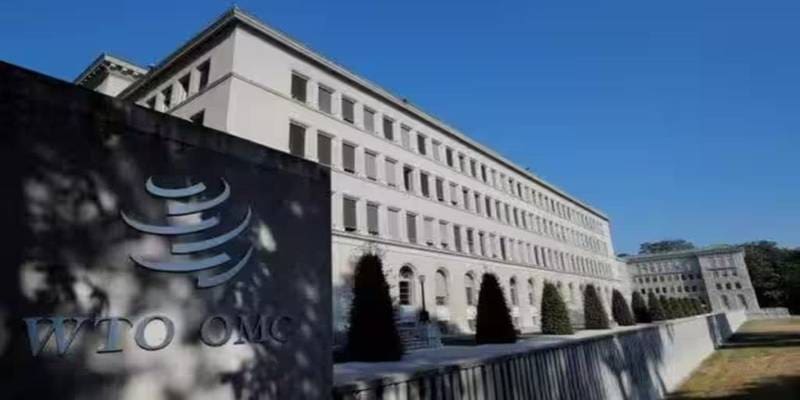At the upcoming ministerial summit of the World Trade Organisation (WTO), the four recent climate change and trade-related legislation of the European Union are anticipated to be a major source of contention. According to a senior official, developing nations are anticipated to mount a significant challenge to the move and ask for concessions to help them deal with the global trade disruption that will result from it.
The WTO’s highest-ranking decision-making body, the Ministerial Conference, will have its 13th meeting at the end of February in Abu Dhabi.
India has previously filed a document at the WTO opposing the Carbon Border Adjustment Mechanism, often known as the carbon tax. Following India’s approach, other nations including China and the African Group members have also lodged their objections with the organisation that oversees international commerce.
Starting in January 2026, the tax will be applied to iron and steel, cement, aluminium, and fertilisers. The industries that would be most impacted from India’s perspective are steel and aluminium. About 27% of India’s $8.5 billion in steel and aluminium exports in 2022 went to the EU.
“This (EU regulations) is going to be a big deal during the conference. So many nations have already filed filings with the WTO objecting to this. According to a top official, conversations will likely be place on this and a consensus will also manifest.
To assist exporting nations in navigating the new regulatory climate, he added, “We will also need to discuss and engage with the EU at the conference (on the new regulations).”
The official acknowledged that because the new restrictions will apply equally to domestic EU industries, governments will have little tools to challenge them. “The WTO’s dispute system is inoperable. We will only suffer if we don’t communicate with them or conduct business with them.
The EU is implementing the most recent technology and entering new fields of industry in order to fulfil the obligations that the new regulations demand. “The EU can be asked for some assistance for trade and sharing new technologies,” the official said.
The WTO’s ‘Aid for Trade’ provision aids least developed nations in developing their export capacities.

